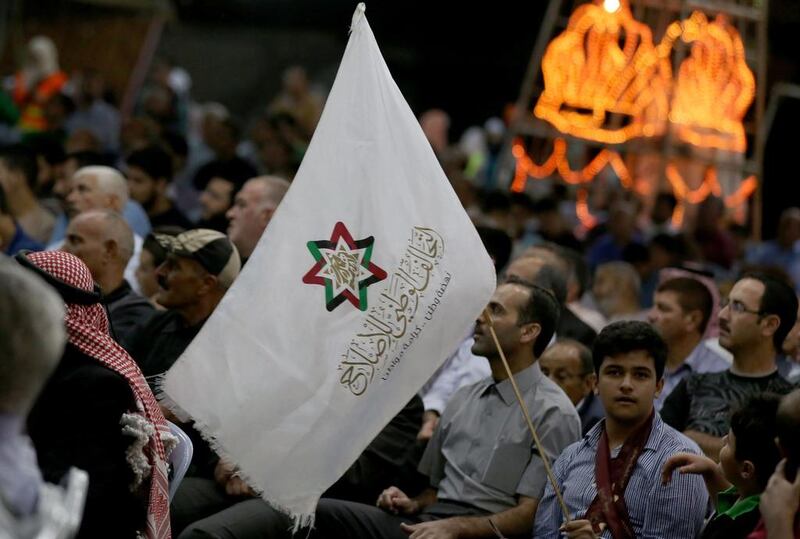In last week’s Jordanian elections, one clear winner was pragmatism. The Muslim Brotherhood gained just 15 out of the 130 seats, giving the group a presence in parliament without alarming the government.
The Brotherhood boycotted the 2010 and 2013 polls. With its participation now, Jordan can claim to have had free and fair elections with all groups involved, even at a time of national difficulty.
The Jordanian Brotherhood saw in the elections a chance to move on from its crippling internal divisions. Just six months ago, it was divided, with a splinter group claiming to be the legitimate Muslim Brotherhood and the original group having its assets frozen in a court battle.
In an attempt to woo voters, the Brotherhood rebranded itself. It fielded candidates under a new, centrist coalition called Islah or reform. Gone was the decades-old slogan of “Islam is the solution” and calls for Sharia to be implemented were no more. Christians, Circassians and leftist candidates were brought onboard.
Jordanians’ wallets, not polarising social reforms, were its new cause. In Islah’s campaign rhetoric, candidates focused on wages and unemployment. It even removed the name “Muslim Brotherhood” from campaign material.
It was more than a group running for parliament, it was a group running from its past.
The results, however, were far from stellar. Despite its rebranding, the Brotherhood failed to reach voters beyond its urban bastions of hard core support.
Of its 15 winning candidates, only three were from outside the urban centres of Amman and Zarqa. Tribes, the backbone of Jordan’s establishment and which wield power in the political process, did not go for the Brotherhood’s new look.
Too many years of distrust had accumulated to be simply washed away by slick advertising.
The group’s calls for King Abdullah to cede some of his powers and its refusal to join the political reform process post Arab Spring left it appearing as a movement looking to usurp power rather than acting as a voice of the people.
While their numbers in parliament will be few, their voice will be the loudest. Only seven other members come from parties; 108 of the 130 MPs are independents.
It remains to be seen what the Brotherhood can achieve. In its initial media conference after the election, Islah vowed it would “hold the government accountable”. Probable hot-button issues will include planned reform of religious education in schools and a natural-gas deal with Israel.
With its return to parliament comes responsibility. Brotherhood deputies now have the right to summon meetings with ministers and take part in closed briefings on issues of national security.
Jordanians are likely to expect the Brotherhood to speak out against extremism. They started playing that role on Sunday by becoming the first to condemn the murder of outspoken writer Nahed Hattar outside a court where he faced blasphemy charges.
Authorities will rely on the Brotherhood to keep the streets calm despite protests over rising prices and other austerity measures.
The next few weeks will show how long the honeymoon will be. Will the Brotherhood attempt to lead a parliamentary revolt? Will Islamists return to their socially conservative roots and attempt to impose gender segregation or other restrictions on public life? Will the Brotherhood seek to reform the political regime, as it has vowed for the past five years?
The safe bet is on a cautious Brotherhood too weary to pick fights with the government. Instead, Islamists are likely to work to regain some of the goodwill they squandered with their hardline stances during the Arab Spring. They will probably champion causes in rural and tribal areas to rebuild bridges.
Brotherhood MPs will continue their economic populist campaign in a bid to recast themselves as champions of average Jordanians rather than a morality police.
Time will tell if this political transformation will be successful. No matter how they are perceived, one fact cannot be denied: the Brotherhood are back and they are not going anywhere.
Taylor Luck is a political analyst and journalist in Amman





